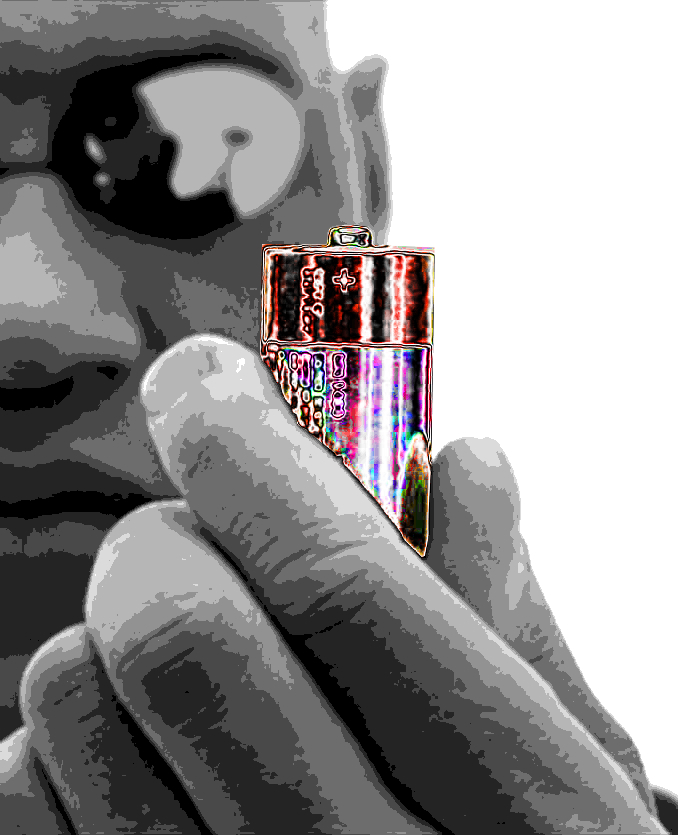Brisbane batteries boosted
 Federal backing could bring next-gen battery technology closer.
Federal backing could bring next-gen battery technology closer.
The Australian Renewable Energy Agency (ARENA) has allocated nearly $4 million to Australian technology company AnteoTech Ltd to commercialise its new silicon anode technology for lithium-ion batteries.
The $11.1 million project, scheduled over three years, targets cost reduction, improved energy storage, and longer electric vehicle (EV) ranges.
The initiative is part of an ongoing effort to scale up energy storage to meet Australia’s net zero goals.
“We need to ensure we have enough energy storage so that we can use renewable energy when we need it,” ARENA CEO Darren Miller says.
He says advances like AnteoTech’s could cut battery costs by using more abundant materials, thereby supporting EV adoption and enhanced grid resilience.
Currently, most lithium-ion batteries rely on graphite anodes. Silicon anodes, which offer higher energy density, have faced commercialisation challenges due to cell degradation.
AnteoTech’s proprietary binder, Anteo X, seeks to address this by maintaining anode structure, potentially enabling more stable, longer-lasting batteries.
With ARENA’s support, AnteoTech plans to scale up prototyping capabilities, acquiring new electrode coating and pouch cell testing equipment at its Brisbane site.
The company says rigorous testing with internal and prospective customers will begin soon, with larger technical operations slated for November and site upgrades scheduled by early 2025.
“We are incredibly grateful for the support provided by ARENA, who has an extensive track record of funding successful technologies,” AnteoTech CEO David Radford said.
“We are excited by the opportunities that are ahead of us and look forward to contributing to Australia’s growing battery landscape.”
The project is part of a broader government agenda to enhance Australia’s battery technology sector, which includes the $523 million Battery Breakthrough Initiative also led by ARENA.
The authorities say global battery demand is expected to increase sixfold by 2030.
“We’ve got a once-in-a-lifetime opportunity…to scale-up battery manufacture in Australia and take advantage of the global transition to net zero,” Industry and Science Minister Ed Husic said.







 Print
Print